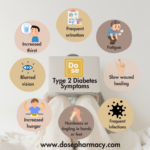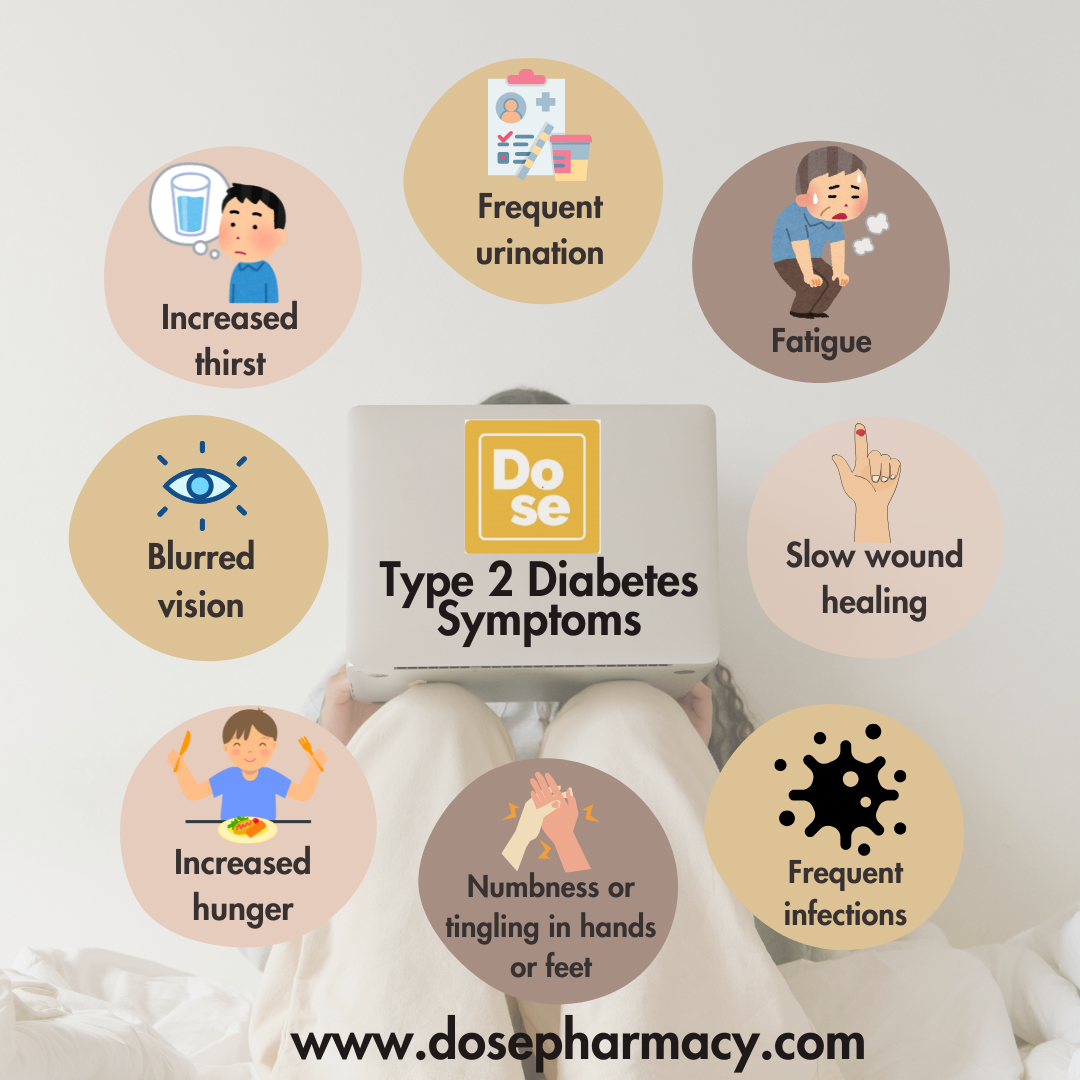Introduction
Vitamin D is important for our health. Many people get it from sunlight or pills. But now, there’s a new option: injectable vitamin D. Is it right for you? Let’s explore this topic together.
What is Injectable Vitamin D?
Definition and Composition
Injectable vitamin D is a shot that goes into your muscle. It’s a potent dose of vitamin D3, also known as cholecalciferol. This form of injectable vitamin D provides a direct and concentrated way to boost vitamin D levels in the body.
How It’s Different
Unlike pills, injectable vitamin D doesn’t go through your stomach. It goes straight into your blood. This can help people who have trouble absorbing vitamins.
The Science Behind Vitamin D
The Role of Vitamin D in the Body
Bone Health
Vitamin D helps your body use calcium. This makes your bones and teeth strong.
Immune Function
It helps your body fight off sickness. It might lower your risk of certain diseases.
Mood Regulation
Some studies show a link between vitamin D and mood. Low levels might affect how you feel.
Vitamin D Deficiency: A Common Problem
How Common It Is
About 1 billion people don’t have enough vitamin D. That’s a lot of people!
Risk Factors
You might not get enough vitamin D if you don’t go outside much. Having dark skin can also make it harder to get vitamin D. Being overweight or having certain health problems can affect vitamin D levels too.
Injectable Vitamin D: Good and Bad Points
Good Things About Injectable Vitamin D
Injectable vitamin D gets into your body fast. More of it is used by your body. It’s easy for people who can’t absorb vitamins well. It might work better if you’re very low on vitamin D.
Possible Bad Things
You need a doctor to give you the shot. Your skin might hurt where you get the shot. You might get too much vitamin D if you’re not careful. It costs more than pills.
Who Might Need Injectable Vitamin D?
Health Problems
Absorption Issues
You might need shots if you have Crohn’s disease or celiac disease. People with cystic fibrosis might also need vitamin D shots.
Very Low Vitamin D
If your levels are dangerously low, shots might help quickly.
Weak Bones
Shots might help if you have very weak bones (osteoporosis).
Lifestyle Factors
Not Much Sun
You might need shots if you stay inside most of the time. People who can’t go outside much might also need them.
Diet Issues
You might need shots if you don’t eat animal products. People who can’t have dairy might also need extra vitamin D.
What Happens When You Get the Shot?
Before the Shot
Your doctor will test your blood. They want to know how much vitamin D you have.
Getting the Shot
A doctor or nurse will give you the shot. It usually goes in your arm or leg.
How Often
You might get shots every week, month, or less often. It depends on what you need.
Possible Side Effects and Risks
Common Side Effects
Your arm or leg might hurt where you got the shot. You might feel tired for a little while. Some people get a headache. You might feel sick to your stomach.
Serious Risks
You might get too much vitamin D, but this is rare. You might have an allergic reaction. It might not mix well with some medicines.
Checking How It’s Working
Blood Tests
Your doctor will test your blood again. They want to make sure the shots are working.
Changes in Your Life
Your doctor might tell you to eat different foods. They might also suggest going outside more, but safely.
Comparing Injectable Vitamin D to Other Options
Vitamin D Pills
Pills are easy to buy and don’t need needles. They’re usually cheaper. But they might not work as well if you have absorption problems. You have to take them every day.
Sunlight
Sunlight is free and natural. It has other health benefits too. But it might hurt your skin or cause cancer. Getting sun isn’t always possible, depending on where you live.
Is Injectable Vitamin D Right for You?
Talk to Your Doctor
Always ask your doctor before trying injectable vitamin D. They know what’s best for you.
Think About Your Needs
Consider your current vitamin D levels and overall health. Your lifestyle and what you prefer are important too.
Think About Costs and Benefits
Think about how much [injectable vitamin D] costs. Also think about how it might help your health.
Conclusion
Injectable vitamin D can help some people a lot. But it’s not for everyone. Now you know the good and bad points. You know who might need it. You also know what to expect if you get it. Remember, work with your doctor to find what’s best for you. Your health needs are unique. What works for someone else might not work for you.
Questions People Often Ask
How long does one vitamin D shot last? Can I take vitamin D pills and get shots at the same time? Do I need to change what I eat when I get vitamin D shots? How soon will I feel better after getting vitamin D shots? Will my insurance pay for vitamin D shots?
Your health is important. Stay informed and work with your doctor. Together, you can decide if injectable vitamin D is right for you.







